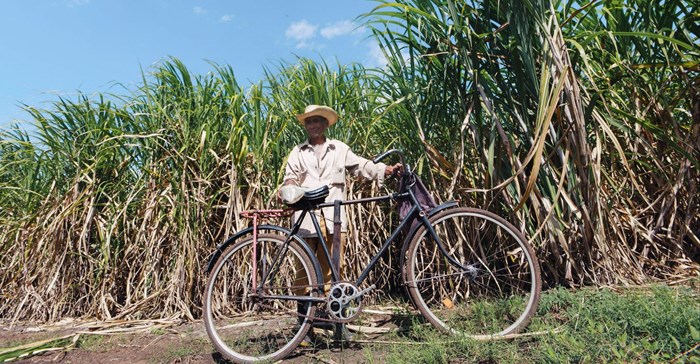
Sugar tax hike threatens to cripple industry, says SA Canegrowers

The sugar tax, which was introduced in 2018, has already caused significant losses and job cuts in the sector, and a further increase could have devastating consequences for the industry and its workers.
The increase in the Health Promotion Levy was first announced in February 2022. Its implementation was subsequently postponed to 1 April 2023 to allow for further engagement with all relevant stakeholders. However, no consultation took place thereafter.
In his Budget Speech in February 2023, Minister of Finance, Enoch Godongwana, then announced that the increase would be further delayed for a period of two years, recognising the difficult environment within which growers operate. However, since this announcement, no consultation with the industry has taken place.
The Parliamentary Portfolio Committee on Trade Industry and Competition also scheduled a colloquium on the sugar tax, with both Minister Ebrahim Patel and Minister Thoko Didiza expected to attend. However, this was subsequently postponed following the announcement of the two-year pause on the increase and has yet to be rescheduled.
No data to prove effectiveness
The value of any future engagement in this regard with Parliament or government is called into question by the recently published Bill, as the publication suggests a predetermined outcome – an increase of the sugar tax.
As things stand, government has produced no data demonstrating the effectiveness of the Health Promotion Levy or to justify increasing the levy further.
At the same time, the uncertain future faced by South Africa’s sugarcane growers is evident, especially considering that two mills are currently in business rescue. This hardship has been exacerbated by a hike in input costs even as irrigated growers continue to struggle with loadshedding and the implications of a potentially drier, hotter summer over the coming months.
So far, the sugar tax has caused tens of thousands of job losses in the first year of its implementation alone and cost the country more than R2bn. Research from the Bureau for Food and Agricultural Policy showed that simply maintaining the tax would cause a reduction in hectares under cane over the next 10 years.
SA Canegrowers plans to submit a proposal on the Bill, asking Minister Enoch Godongwana to postpone the increase until a comprehensive consultation process with the industry and its stakeholders is done.
The organisation also requests the Minister to respond to SA Canegrowers’ PAIA request to enable informed discussions, and to write to the portfolio committee on Trade, Industry and Competition to urge the sugar tax colloquium to be re-scheduled soon.















